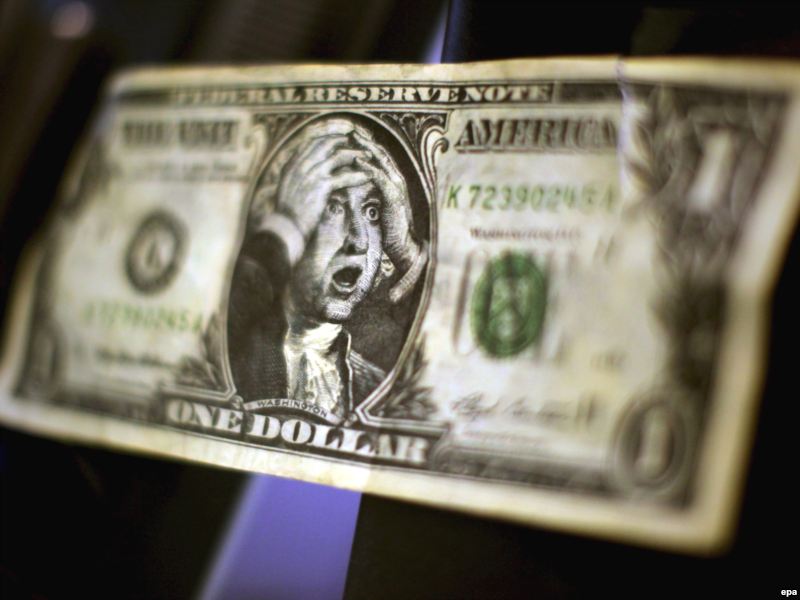The U.S. dollar has been one of the most buoyant currencies over the decades and is the one that the world tracks to monitor the state of the economy. However, in recent times, the greenback has taken a bit of a battering, leaving it far weaker and more volatile than has been seen for a while. But what is the impact of a weakened dollar on consumers who are not trading on stock markets?
As the pound or euro strengthens against the dollar, the most obvious effect is on those planning to visit the U.S. on holiday. A weaker dollar means that those looking to exchange currency will get far more dollars for the sterling they hand over, making the trip far cheaper than before. But for anyone traveling in the opposite direction, prices will seem steeper as you will get fewer pennies in return for your dollar.
Those thinking about a shopping trip overseas may want to make an effort to save up before traveling. A broader effect on the economy is upon exports, with a weakening dollar favoring US firms. As a currency weakens, it means exports become cheaper, thus helping firms to expand as demand rises. For this reason, a weak currency is not always viewed as a negative move by those running the country.
But conversely, other countries may be unhappy with a weakened dollar as it means that their goods will seem more expensive and can reduce demand, having an immediate knock-on effect to businesses’ profits. Another effect of the weaker dollar is that tourists may opt to go to the US, tempted by the prospect of snapping up cheaper goods and inadvertently hitting the pocket of firms in other countries dependent on tourist trade.
However, it isn’t all bad news, as oil is traded internationally based on dollars, which in theory means that the price should drop as the currency weakens. For the average man on the street this should translate as cheaper petrol and fuel costs, especially since the recent introduction of the government’s initiative to ensure that savings are passed onto consumers. Indeed, any kind of goods that are purchased priced in U.S. dollars should work out to be far cheaper – and whilst this principle works if bought directly, it doesn’t always follow for goods bought in the UK. As the US dollar falls, the price of commodities also becomes cheaper, as it costs less to import them. However, in reality, the price of goods made from the raw materials do not always drop in price.
In most cases, the actual cost of the materials is just one component of the overall cost and it is more often than not the profit margins that increase or shrink, rather than the end consumer price. The other fundamental factor for the UK is that it is a major importer, bringing in nearly a fifth of its foods from overseas, making Brits far more susceptible to fluctuations caused by changing currency markets abroad.
So whether a weak dollar is good or bad for you really depends on your perspective. But one thing is for sure, the volatility in the markets at present means there is no predicting how currencies may move, so enjoy any benefits while you can.
This article was brought to you by Money Supermarket.

